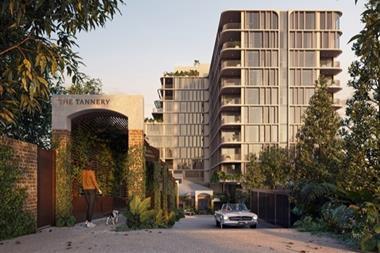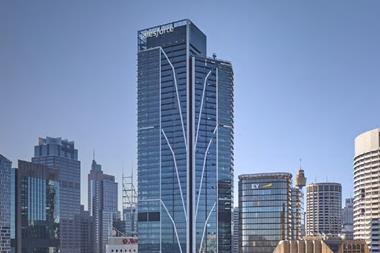ASIA-PACIFIC - Local investors will replace US and European pension funds in Asia within 10 years, the Asian Public Real Estate Association (APREA) conference heard last week.
"Foreign investors are not keeping up. They're lagging. They're not understanding where the market is," said Pacific Star Capital president Benett Theseira in a post-session interview with IPE Real Estate. "There's currently a dichotomy between where the region is economically and where foreign investors are."
He said sharp corrections in mature real estate markets offered "distractions" in the short term as institutional investors retrenched in their domestic markets to avoid risk. But he said the West could not compete with Asia's long-term growth drivers.
"Asian investors are filling the international investment gap," he said. "Local sovereign fund activity ensures that there is a lot of local liquidity being deployed. In many of the transactions taking place recently, Asian investors were leading. Local capital is stepping up."
IREA CEO Geoffrey Dohrman identified "a global shift in the balance of capital" driven by regional pension and sovereign wealth funds. As Korean institutional investors followed the Singaporean counterparts into global real estate, restrictions on life insurance companies and Thai pension funds investing in real estate have recently been lifted.
At the same time, Europe and the US were "weaning ageing populations off direct benefit schemes", he said. "Capital from those regions will be very small compared with Asian and Australian capital. This will accelerate over the next five-10 years because there will be no new contributions to direct benefit schemes."
The comments came as the South Korean National Pension Service (NPS) announced it had acquired Berlin's Sony Centre from Morgan Stanley for €576m.
The world's fifth largest pension fund has targeted global real estate as part of a strategic shift away from fixed income.
In a statement it said the deal - which will increase overseas real estate to 1.3% of the scheme's overall portfolio - offered stable rental income and a likely increase in value as the German real estate market recovered.












